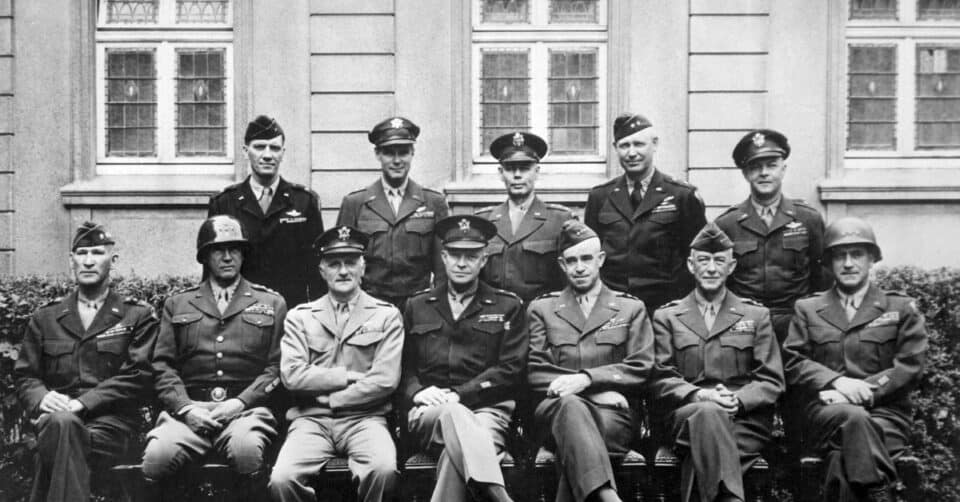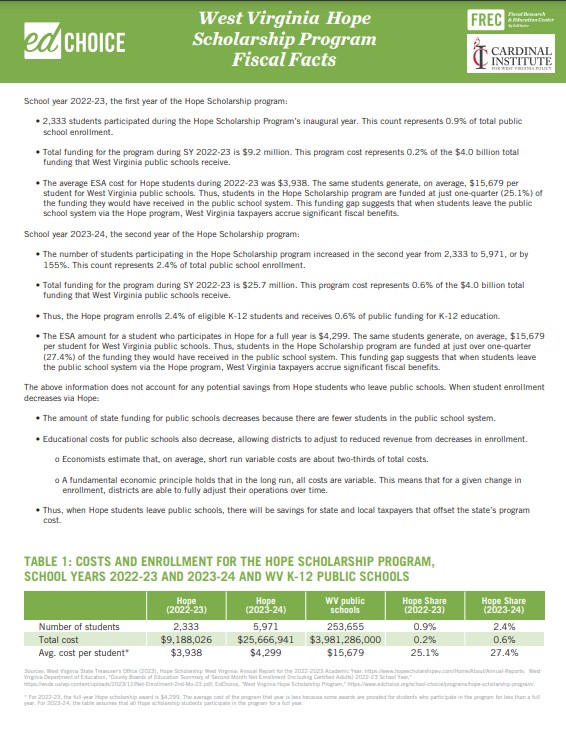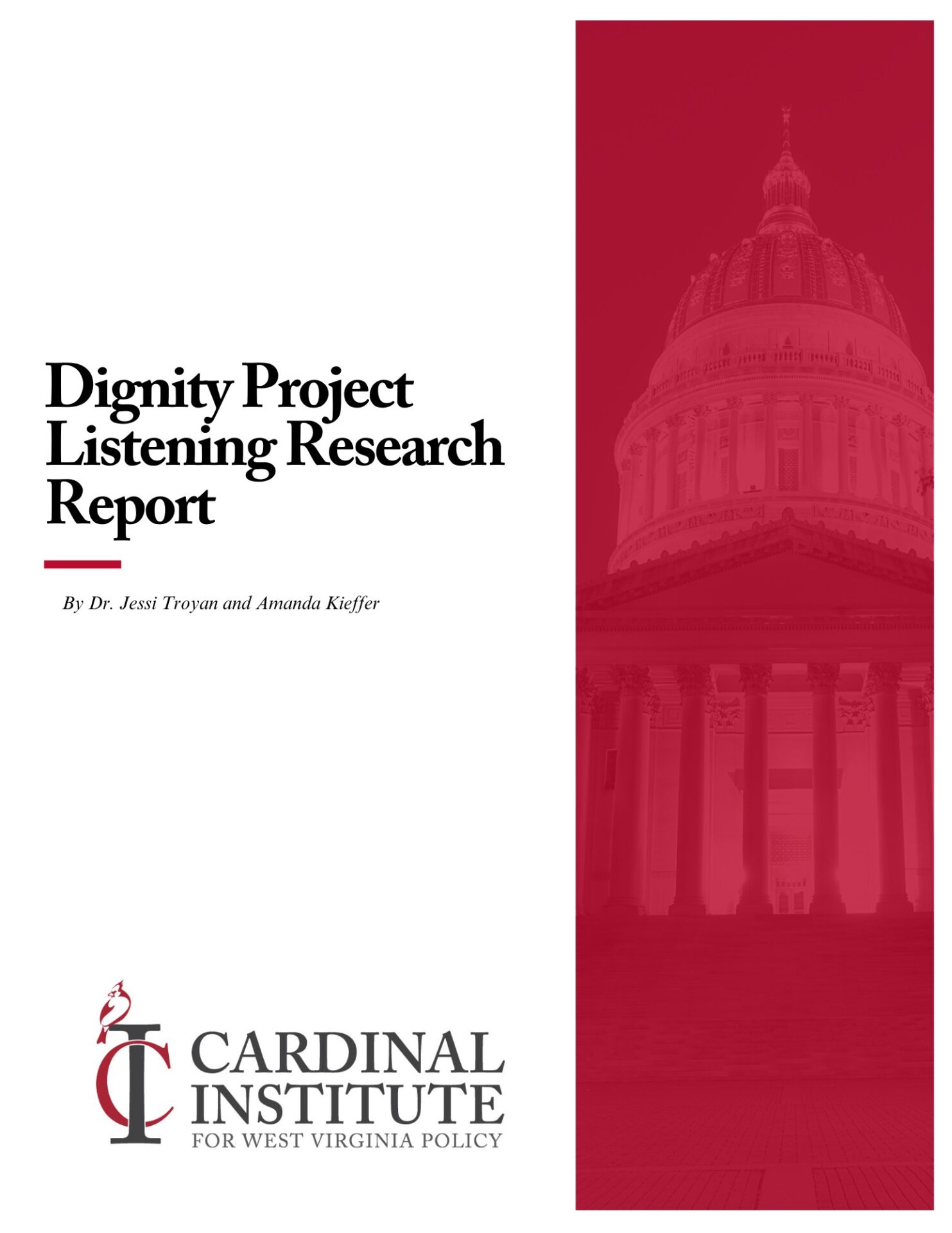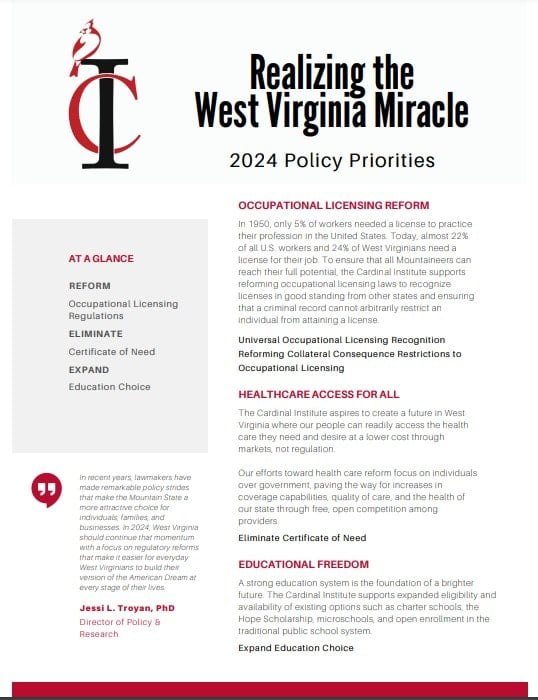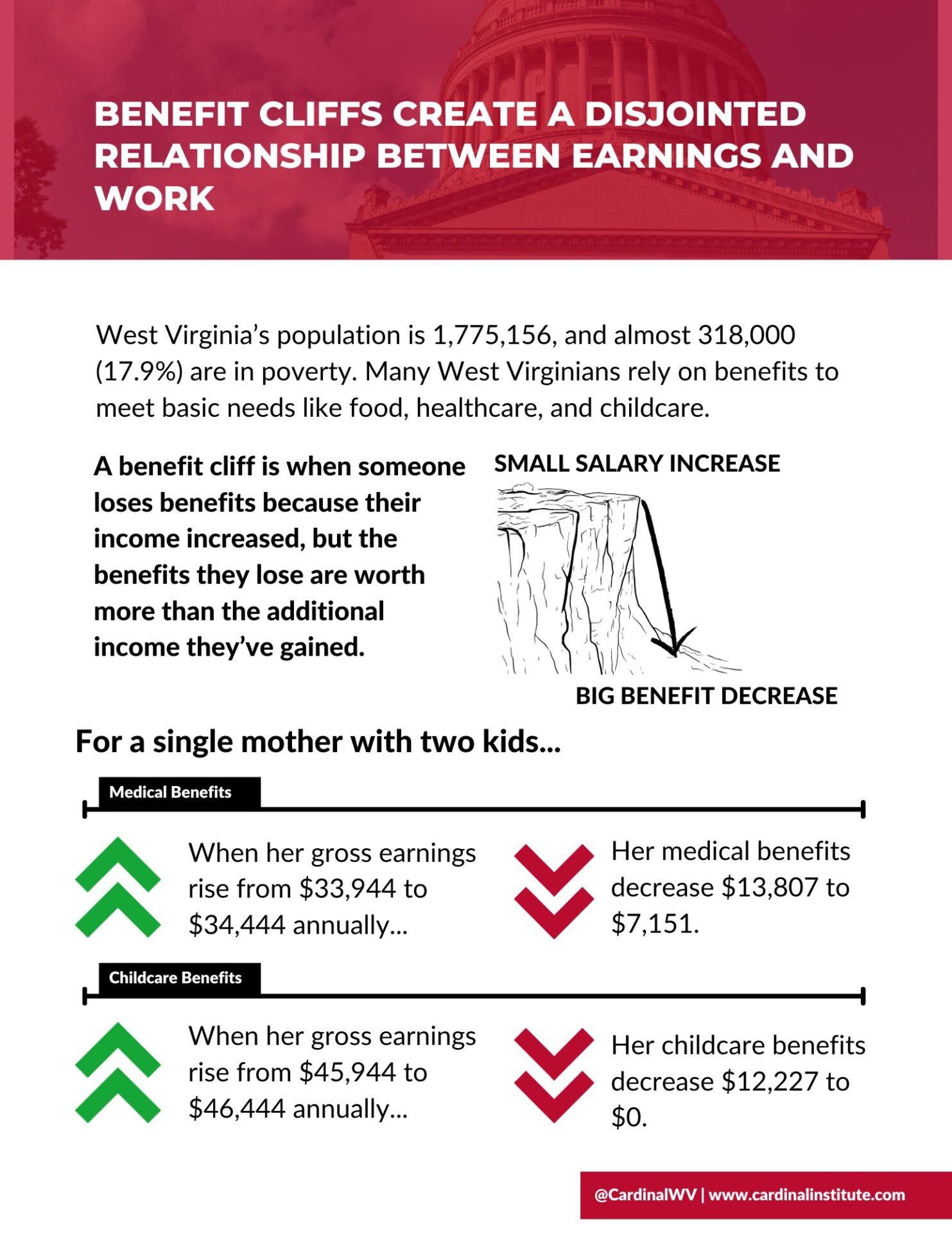Addiction Recovery in West Virginia
Addiction stinks: it drains individuals, families, and entire communities. We have lost thousands to this plague, but there has been hope in those who have overcome it. If Mountaineers are ever to overcome this horror, the focus should be on getting more people into treatment, not fewer.
There are many articles, books, and movies about the mess that addiction has created in our state. What gets lost in the middle are the angels, the people who have overcome their own demons and now help others do the same. These people have been acting as the only reliable dam against this flood of addiction. The best policy is to help those who are helping others.
Nationally the conversation around opiates has only stretched back ten years give or take, but that has been different here. Since the mid-eighties, opiates have rushed into West Virginia. Some of them have been from pharmacies, others from Mexico and China. Despite varying strategies, funding levels, and chemicals, the problem has only gotten worse.
Certificates of Need are Getting in the Way of Addiction Recovery
For all its amazing natural views and people, West Virginia has had some questionable policy in the past. The best example is our Certificate of Need (CON) regime. Under this relic of the technocratic 70s, prices were supposed to go down due to government regulation and Soviet style central planning. In practice, however, this has only driven prices up while creaming competition, which has led many states and even the federal government to abandon CON laws all together.
Thankfully, for many years rehabilitation and other addiction centers have been exempt from these rules. For all the problems that exist, the government has recognized that those who are closest to the situation are best able to deal with it. Keeping reasonable but fair regulations enables that.
Criminal Justice Reform & Recovery
Benjamin Franklin once said that “An ounce of prevention is worth a pound of cure.” In that respect, treatment centers and addiction specialists who are capable of speaking to those suffering from addiction are the best prevention we have. If treating addiction is costly, treating overdoses and chronic conditions is bankrupting. Not to mention those who live but are barred from advancing in life due to an arrest record.
If only 10% of people who are incarcerated nationwide for drugs accessed rehab before their arrest, we would save nearly five billion dollars. Given how much more addiction exists in our beautiful state compared to the average, our relative savings would be outsized.
The Costs of Addiction Policies
The cost for an ambulance ride, say for one of the 850 overdoses we had in 2019, is about three hundred dollars a mile. Anyone can tell you that there are many miles in between some of our rural communities and hospitals. If we are to seriously reform our tax system to help economic output, this path is mandatory to help keep spending in check.
The cost for so called “frequent fliers” – those who develop chronic conditions that can last much longer than their addiction – is exponentially higher. Given that addiction is financially costly, many of these people will be utilizing public resources to access this treatment.
Throw in the cost of arrests and incarceration, and the equation becomes even more slanted for the prevention camp. Just one year in a West Virginia prison can cost around twenty-six thousand dollars. With higher than average drug arrest rates here, there is a lot of money to be saved.
And there are lots of other costs that are mostly bravely borne by families, friends, and communities that hurt everyone as well. When John Doe can’t get a job, a loan for college, or an apartment, he is not a happy man. Slapping people who are trying to save their lives with permanent barriers to mobility is morally abhorrent and costly.
The dollar figures still stagger in comparison to the lives lost to this failed policy structure. Especially with the isolation from the COVID-19 pandemic, deaths are likely to jump in the immediate future. A dead man tells no tales, nor do they recover and help build our future. That cost is incalculable.
It comes down to preventative policies versus reactionary policies in this stage of the opiate epidemic.
Bradley Foster is the Community Engagement Associate for the Cardinal Institute for WV Policy.




